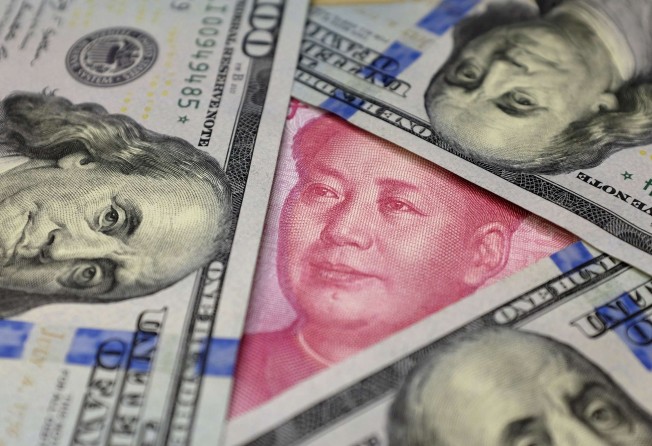China’s insurers see hotels, office buildings as safe bets as they diversify into offshore assets

Fixed assets, especially hotels and office buildings, are currently the best choice of outbound investment for mainland Chinese insurers, with asset diversification seen as a long-term trend amid the “irreversible ” growth of overseas investment, says an insurance industry official.
“Insurers are financial investors seeking stable and long-term returns. Acquiring hotels or office buildings is a very straightforward and convenient way to realise 4 to 5 per cent annual return,” said
Chen Guoli, deputy secretary general of the Beijing-based Insurance Asset Management Association of China.
“The business model is easy to comprehend for those who don’t participate in the daily operations of the acquired assets. It’s just collecting rent,” Chen told the South China Morning Post on the sidelines of the FT Asia Insurance Summit in Hong Kong.
He said infrastructure acquisitions in foreign markets involve negotiations with local governments, which are complicated for mainland insurers who are still at the initial stage of foreign asset allocation. China’s insurers still lack risk management ability, investment talent, and the skill in evaluating foreign equity assets in open markets, Chen said.
Jerry Li Wenbing, China Merchants Securities Hong Kong analyst, said, “The investment risk of fixed assets is comparatively low and the return is not bad when you assume 1 to 2 per cent further depreciation of the Chinese currency.”
While there are corporate bonds offering 3 per cent yield in overseas markets, the risk is higher, Li said, adding that fixed assets are still the best choice for insurers amid the global low-interest-rate environment.
China Life, the country’s largest life insurer, led the acquisition of a US$2 billion stake in 280 hotels owned by Starwood Capital Goup earlier this week, while Anbang Insurance splashed out US$1.95 billion for New York’s landmark Waldorf Astoria hotel last year.
Chinese insurers are allowed to invest 15 per cent of their total assets overseas, according to a rule issued by the China Insurance Regulatory Commission in 2014. In 2015, overseas investments made up less than 2 per cent of insurers’ 12.3 trillion yuan (HK$14.2 trillion) in assets, CIRC data shows. That compares to 6.1 per cent for Korean insurers, 20.1 per cent in Japan and 36.3 per cent in Britain, according to a report by China Merchants Securities.
Li said the yuan’s depreciation and the lack of high-quality assets on the mainland will push domestic insurers to invest abroad more.
Due to Beijing’s cautious approach towards capital outflows, the growth in overseas investments may not surge too quickly. “An outflow of 2 trillion yuan is a huge pressure. It must be a very long and gradual process,” Li said.
Total assets of insurers in China – now the world’s third largest insurance market – reached 14.5 trillion yuan by the end of August, CIRC data shows. The number is expected to surpass 15 trillion yuan by year’s end, according to Chen.
“China’s insurance industry is in the best era. Growth in overseas investment is an irreversible trend...but it takes a long time to achieve asset diversification and a balanced global allocation,” Chen said.